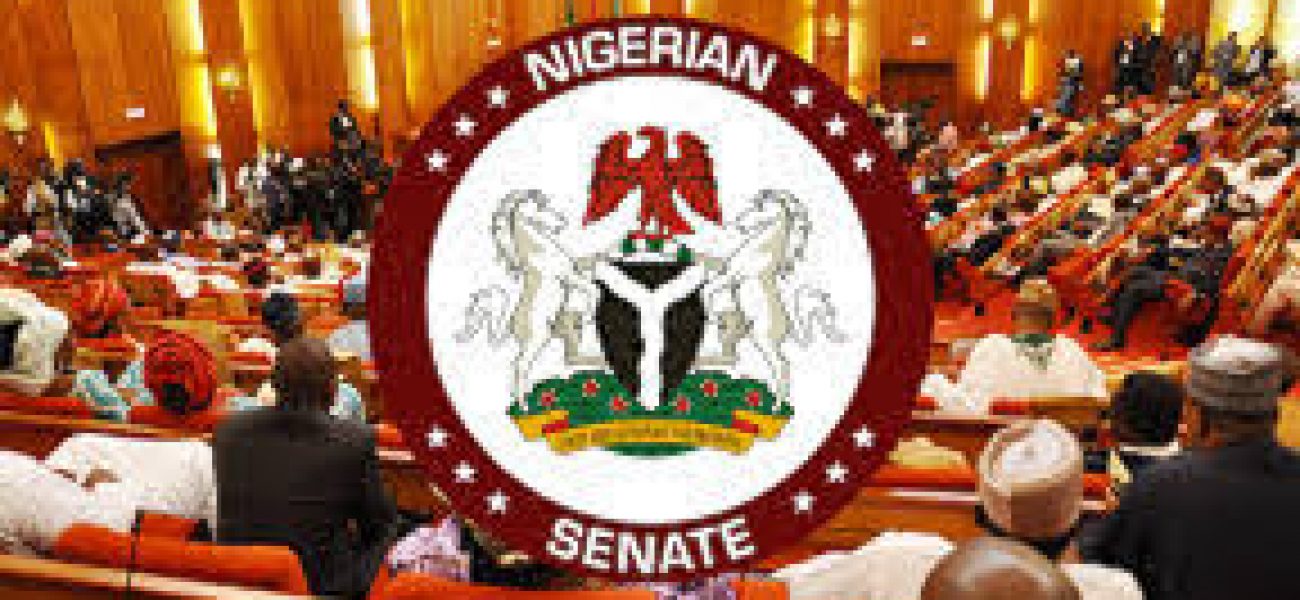The National Assembly on Tuesday, June 2, passed the revised Medium Term Expenditure Framework (MTEF) 2020-2022. The revised MTEF and the 2020 National Budget was presented to the National Assembly by the Federal Government for appropriation. This revision was occasioned by the decline in global oil price, which affected government revenues in the midst of the COVID-19 pandemic. The approved MTEF and Fiscal Strategy Paper (FSP) fixed the benchmark price for crude oil at $28 per barrel, while retaining production rate at 1.9 million barrels per day and the exchange rate at N360 to $1. The National Assembly also approved the Federal Government’s external borrowing plan of $5.513 billion presented by President Muhammadu Buhari to fund the 2020 budget, which has a total deficit of N5.34 trillion. It will be recalled that both chambers had approved a loan of N850 billion in May 2020, to fund the budget. The House of Representatives on June 2, also approved President Muhammadu Buhari’s loan request of $22.7billion, which had been approved by the Senate in March 2020.
While the National Assembly is yet to approve the revised 2020 national budget as contained in the Appropriation Act (Amendment) Bill 2020, citizens have criticised the budget for not reflecting necessary cuts to wasteful government expenditure. While recurrent expenditure and debt servicing increased, essential budgetary allocations, especially the capital expenditure of several ministries – Works and Housing, Agriculture and Rural Development, Health, Education, Transport and others were slashed. The controversial allocation for the renovation of the National Assembly complex initially pegged at N37billion is cut down to N27.7 billion, yet citizens question the need for this expenditure at this time. Statutory transfers to critical sectors were not left out as that of the Universal Basic Education (UBE) was reduced from 111bn to N51bn, while that of the Basic Health Care Provision Fund was slashed from N44billion to N25billion. By way of statutory transfer as contained in section 11 of the UBE Act, not less than 2% of Nigeria’s Consolidated Revenue Fund accrues to the UBE while not less than 1% of the Fund goes into health care, according to section 11 of the National Health Act. A review of the national budget, which indicates reduced revenue occasioned by the low price of oil, Nigeria’s biggest export, translates to a corresponding decrease in the statutory transfers due to each of these sectors. Observers have however, challenged these cuts, submitting that education and healthcare should have been prioritised in revising the budget. They also maintain that alternative funding should be made available for these critical sectors that cater for the basic needs and welfare of Nigerians, especially to address the realities occasioned by the incidence of COVID-19.

